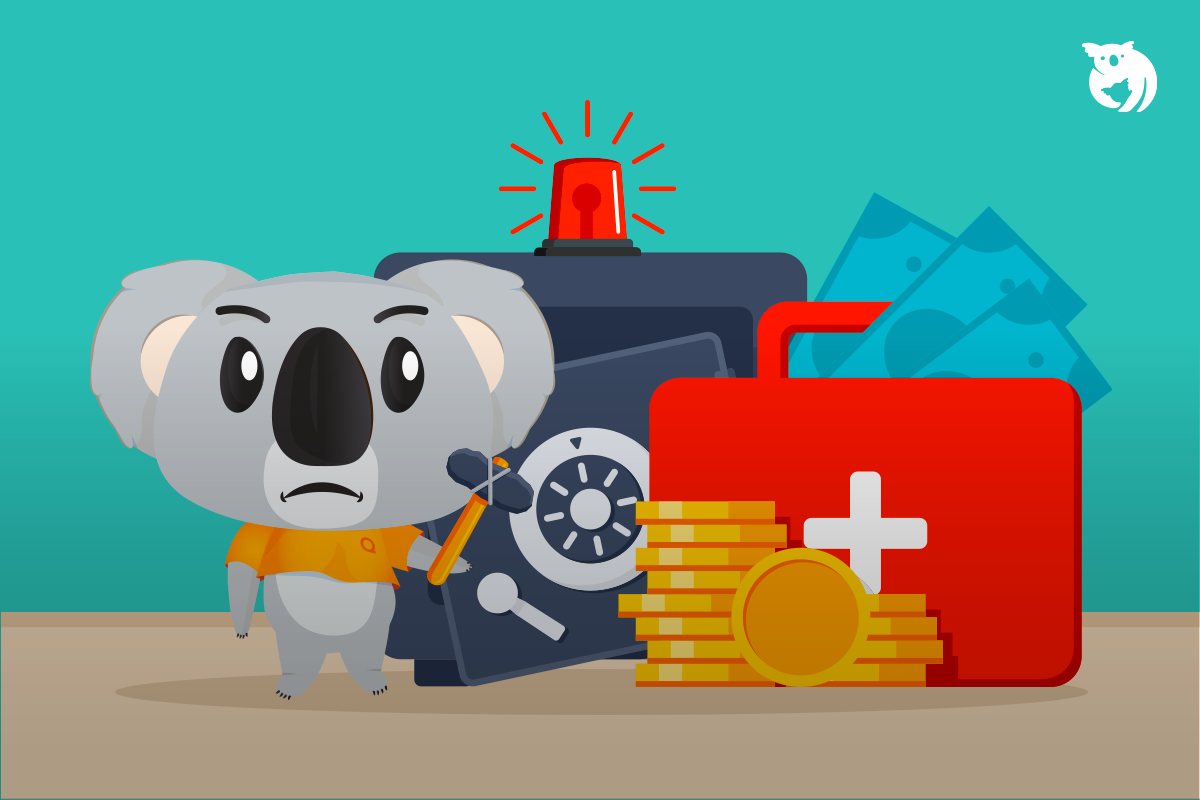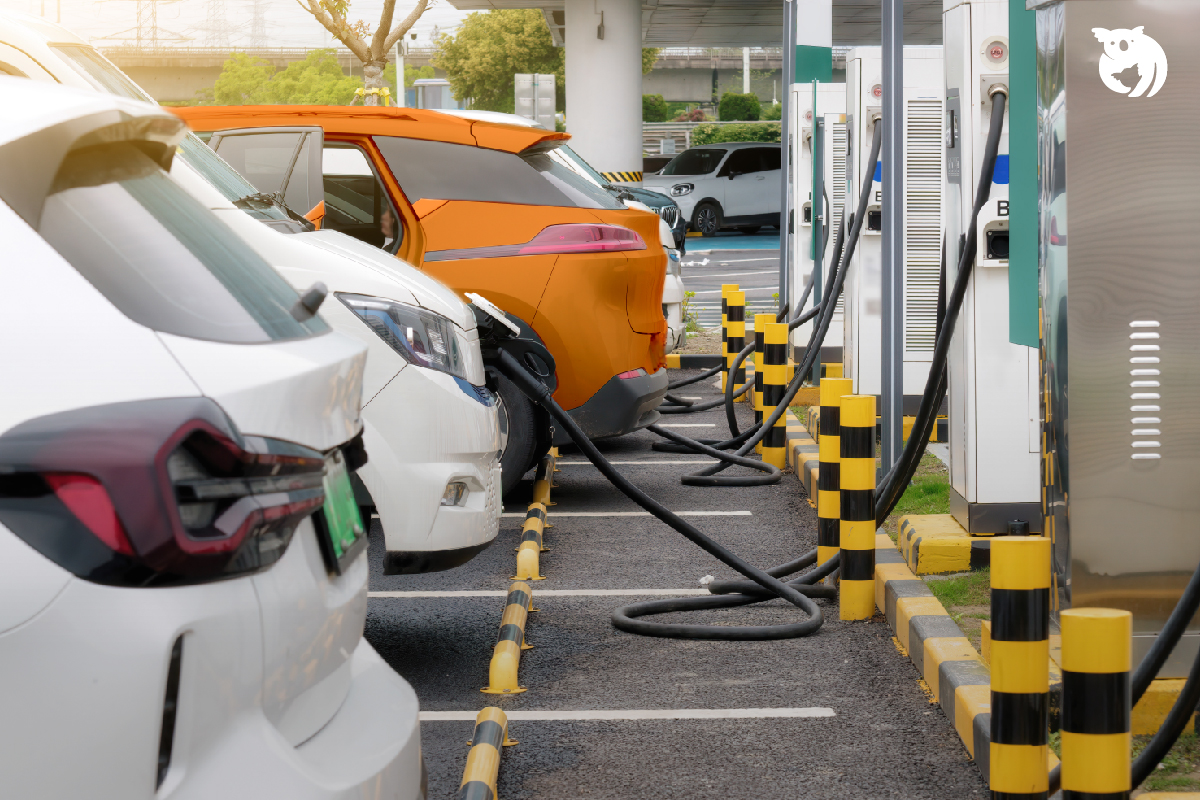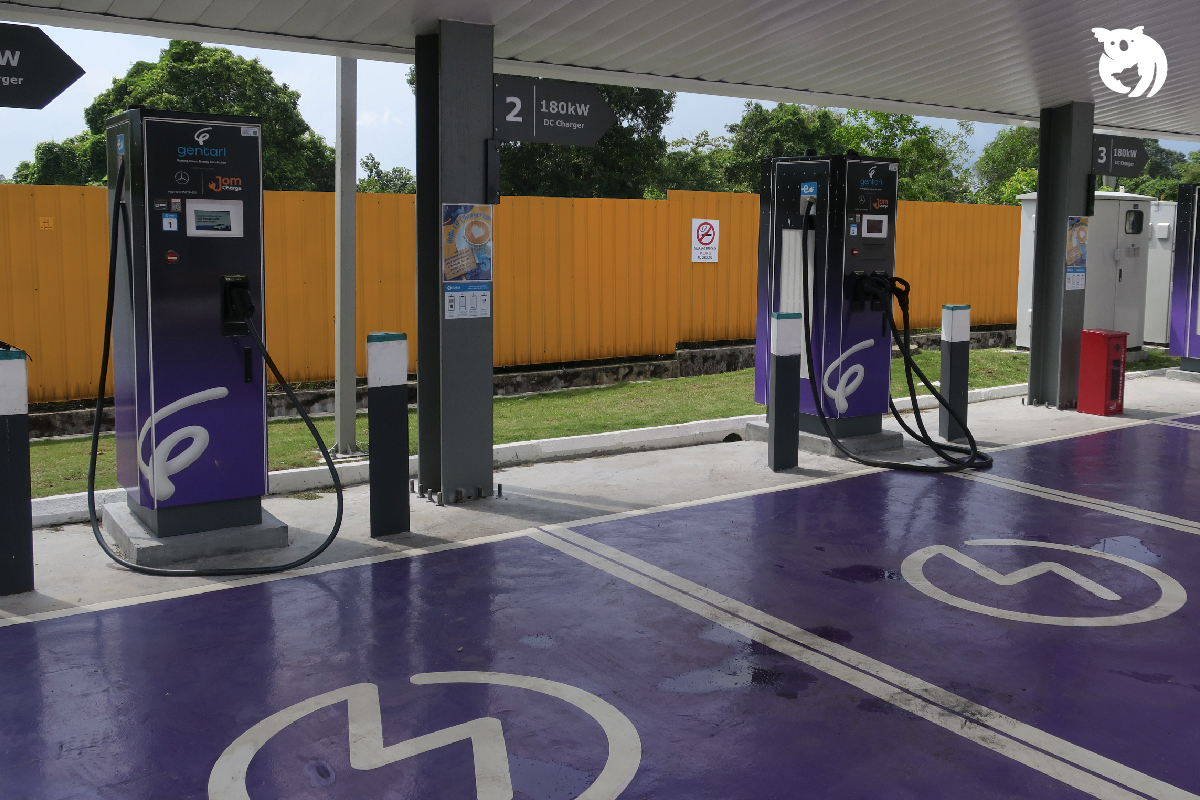An emergency fund (or emergency savings) acts as a preparation or protection in the event of an unexpected situation. Based on the latest data from the Malaysian Department of Statistics, 71.4 percent of self-employed Malaysians have savings in an emergency fund that is only sufficient for a period of less than a month. As for private workers, only 82.7 percent have enough emergency funds to cover life and expenses for a period of two months only.
Emergency Fund in Malaysia: How Much Money Do You Need?
Emergency fund refers to savings that will be used in an emergency or urgent situation. You can use savings from this emergency fund if you lose your job and source of income, or you are faced with the situation of having to pay hospital bills due to an accident or emergency, car maintenance payments and other unforeseen situations.
Basically, an emergency fund is not a retirement fund, and each individual has a different reason and purpose for saving an emergency fund, including:
- Repay existing debt or avoid additional debt from car maintenance or unexpected medical costs;
- Preparation to pay annual income tax or contingent expenses;
- Support life in case of job loss or serious illness;
- Home maintenance costs;
- Savings for long-term financial investment goals.
Generally, the amount of emergency fund required is different depending on each individual (single, married with children or without children) and their lifestyle. It also depends on the amount of monthly expenses of the individual. Even so, you can refer to the emergency savings estimate as follows:
- Single individuals: 4 months x monthly expenses;
- Married couple: 6 months x monthly expenses;
- Married couples with children (one): 9 months x monthly expenses;
- Married couple with children (two children): 12 months x monthly expenses.
For example, if you are single with an estimated monthly commitment of RM1,200 per month, you need to save at least RM4,800 in your emergency fund. Consider creating an emergency fund that can at least cover you for a period of three to six months of your total monthly expenses.
This way you can avoid using your retirement savings or going into personal loan or credit card debt if you need money suddenly.
Many Malaysians Don’t Have Emergency Savings, 5 Easy Steps to Build an Emergency Fund
An emergency fund or fund plays an important role in ensuring that you do not use savings, pawn gold or borrow from family members, friends or unlicensed moneylending companies. If you want to start an emergency fund, here are five steps you can consider:
1. Record Your Income and Calculate Your Monthly Expenses
The first step you can take to start an emergency fund is to record your monthly expenses and income to know the amount of fixed commitments and the amount that can be saved each month.
Calculate your total monthly expenses such as housing loans, food and drink, utility bills, car loans and other debts. The table below is an estimate of the expenses of single individuals living in the Klang Valley
| Total | |
| 1. Gross Monthly Income | RM2,000 |
| 2. Monthly Expenses (Rental rooms, meals, utilities, public transportation, personal care items, etc.) | RM1,200 |
| 3. Other Commitments (Parents, PTPTN loan payments, health insurance, etc.) | RM400 |
| 4. Social/Entertainment Expenses | RM150 |
| 5. Savings (Emergency Fund, Fixed Deposit Savings) | RM250 |
2. Plan Appropriate Savings Methods
Basically, the savings method also plays an important role in ensuring that you remain disciplined and consistent in saving every month thus helping you achieve your savings goals. For this reason, you need to choose a suitable storage method according to your ability.
Technique 70-10-10-10
You can divide the total monthly income into four parts or use the 70-10-10-10 money management technique. This means, 10 percent can be allocated for savings, 10 percent for emergencies, 10 percent for insurance and 70 percent for monthly expenses and commitments.
However, this breakdown is not necessarily fixed for each individual. It is only intended to give you a basic overview of building healthy financial habits to help you reach your financial goals faster. In the event of a crisis and you experience spending constraints, you can reduce your savings temporarily.
Use the Tabung Application
Save money in the latest applications such as Tabung MAE Maybank – you can customize the fund according to your needs and goals. In addition to the emergency fund, you can use the features provided for other purposes such as grocery shopping fund, Umrah fund and so on.
Bring Supplies, Cook at Home
You can also challenge yourself by ordering less food from outside or bringing supplies from home to the office. This way can help reduce more of your monthly expenses. Excess of these expenses can be saved into an emergency fund. It can indirectly help you reach your financial goals faster.

3. Emergency Fund: Plan Your Savings Goals
How much do you need in your emergency fund? Basically, you need at least three to six months of your monthly expenses in an emergency fund. However, it must depend on the ability and needs of the individual. You can refer to the calculation example below to find out your savings goal based on the table above:
- Total Monthly Expenses (Item 2 + 3 + 4) – RM1,750
- Amount Needed for Emergency Fund – RM1,750 x 6 months = RM10,500
- Total Savings Allocation per Month (Item 5) – RM250
- Time Period Required to Save – RM10,500/RM250 = 42 Months
Based on the table above, single individuals need to have a minimum of RM10,000 (or more) to have an ideal emergency fund. However, the required emergency savings amount may change depending on the monthly commitment and total income of each individual. Therefore, you need to plan your savings as early as possible and save consistently every month for peace of mind.
4. Choose the Right Storage Platform
You are encouraged to keep your emergency fund on any suitable platform. Here are some of the savings and investment platforms you can use:
Bank Savings Account
Although bank savings accounts offer low interest rates, they allow quick and easy withdrawals in the event that you need money in an emergency fund immediately.
Fixed Deposit Account
Fixed deposits offer a higher rate of return than regular deposits. If these savings are not withdrawn for a certain period, you can receive benefits in the form of higher profits or interest. This means, you can reach the set savings target faster.
Amanah Saham Nasional Berhad (ASNB) Trust Account
ASNB offers a competitive dividend rate every year that can help you grow your savings safely. In addition, you can also withdraw ASB money through online ASB withdrawal or through participating banks easily if you need to access this emergency fund.
5. Disciplined and Committed
It is important that you start an emergency fund as early as you can because it may take a long time to reach your financial goals. Avoid procrastinating and make sure you stay disciplined in saving.
In addition, avoid using emergency savings for regular expenses such as shopping for designer clothes, spending on unnecessary things, covering credit card debt, etc. because it may affect your long-term goals. Use this fund to focus on emergency situations only.
Also, if you are looking for the best car insurance, visit the Qoala website for more info. Qoala is the best insurance platform in Malaysia with the guarantee of a safe, affordable and easy insurance buying process.

 EN
EN
 MY
MY








